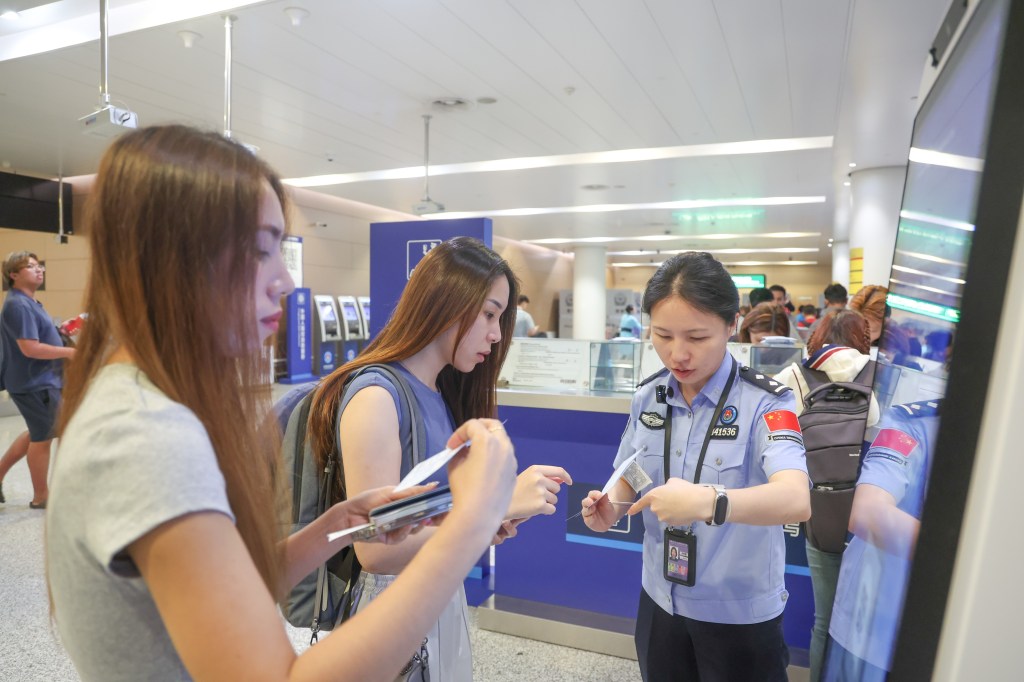Recent findings by cybersecurity firm Lookout have unveiled that Chinese authorities are utilizing a sophisticated malware tool named ‘Massistant’ to extract extensive data from seized smartphones. This tool, developed by Chinese tech giant Xiamen Meiya Pico, enables the extraction of a wide array of personal information, including text messages from encrypted chat applications like Signal, images, location histories, audio recordings, and contact lists.
Massistant operates as an Android-based forensic extraction software, necessitating physical access to the target device. While the specific Chinese police agencies employing this tool remain unidentified, its widespread usage suggests that both residents and visitors in China should be vigilant about the potential risks associated with this malware.
Kristina Balaam, a researcher at Lookout who analyzed Massistant, emphasized the gravity of the situation:
It’s a big concern. I think anybody who’s traveling in the region needs to be aware that the device that they bring into the country could very well be confiscated and anything that’s on it could be collected.
Balaam’s research uncovered numerous complaints on Chinese forums from individuals who discovered the malware installed on their devices following interactions with law enforcement. This indicates a broad deployment of Massistant across various regions.
The malware requires installation on an unlocked device and functions in conjunction with a hardware tower connected to a desktop computer. This setup is detailed on Xiamen Meiya Pico’s official website, which also features images of iPhones connected to the forensic hardware, suggesting the potential existence of an iOS-compatible version of Massistant.
Notably, the deployment of Massistant does not rely on advanced hacking techniques or undisclosed software vulnerabilities, commonly known as zero-days. Instead, authorities often gain access to devices through direct confiscation, with individuals voluntarily handing over their phones. Since at least 2024, Chinese state security police have possessed legal authority to search phones and computers without requiring a warrant or an active criminal investigation.
Balaam highlighted the ease with which authorities can access personal data:
If somebody is moving through a border checkpoint and their device is confiscated, they have to grant access to it. I don’t think we see any real exploits from lawful intercept tooling space just because they don’t need to.
One concerning aspect of Massistant is that it leaves evidence of its installation on the device, allowing users to detect and potentially remove the malware. However, by the time the malware is discovered, authorities have likely already accessed and extracted the user’s data.
Massistant is identified as the successor to a similar mobile forensic tool named MSSocket, also developed by Xiamen Meiya Pico. The company reportedly holds a 40% share of China’s digital forensics market and was sanctioned by the U.S. government in 2021 for supplying technology to the Chinese government.
Balaam noted that Massistant is part of a larger ecosystem of surveillance tools developed by Chinese tech firms, with at least 15 different malware families being tracked by Lookout.
The implications of such tools extend beyond individual privacy concerns. They raise significant questions about digital rights, surveillance practices, and the balance between national security and personal privacy. As technology continues to evolve, the development and deployment of such tools underscore the need for ongoing vigilance and robust cybersecurity measures.



